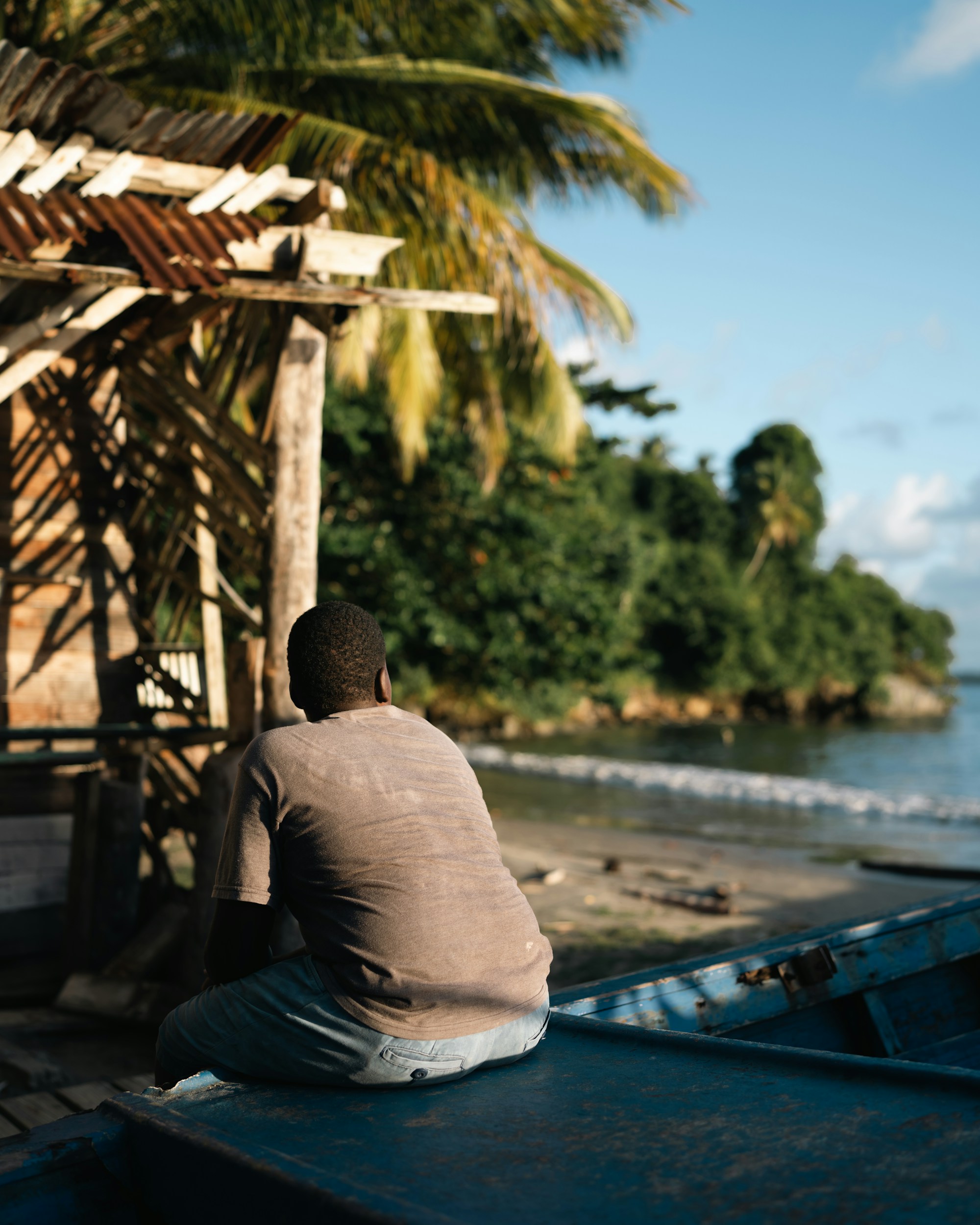Congo Culture & Traditions: History, Customs, Festivals

Congo Culture & Traditions
Congo, officially known as the Republic of the Congo, is a country located in Central Africa. It is rich in history, customs, and vibrant traditions that give it a unique cultural identity. Let's take a closer look at the rich cultural tapestry of Congo.
History
Congo has a long and fascinating history that dates back thousands of years. The region was inhabited by various Bantu-speaking tribes, including the Kongo people, before European colonization. The arrival of European explorers and traders in the 15th century had a profound impact on the region's history. Congo went through a period of colonization and later gained independence in 1960.
Throughout its history, Congo has experienced political and social changes that have shaped its cultural landscape. The country's history is reflected in its art, music, and folklore, which are deeply intertwined with its past.
Customs
The people of Congo have a diverse range of customs that are deeply rooted in their cultural heritage. Traditional customs and rituals play an important role in everyday life. Family and community are highly valued in Congolese culture, and respect for elders is considered essential.
One of the most prominent customs in Congo is the initiation ceremony, which marks the transition from childhood to adulthood. These ceremonies are often accompanied by traditional music, dance, and storytelling.
Another important custom is the sharing of meals. Congolese people place great importance on food and hospitality. Sharing a meal with others is seen as a way of fostering community and building relationships.
Festivals
Congo is known for its vibrant festivals, which showcase the country's rich cultural heritage. One of the most famous festivals is the Festival of Masks, celebrated by the Bwa people. During this festival, villagers wear beautifully crafted masks and perform traditional dances, accompanied by drumming and singing.
The Mabele Festival is another popular event in Congo. It celebrates the harvest season and is marked by feasting, dancing, and music. People come together to enjoy traditional dishes and participate in joyful festivities.
The Soukous Festival, focused on Congolese music and dance, is also a highlight. It brings together musicians and dancers from all over the country to showcase their talent and celebrate the vibrant music scene of Congo.
Other notable festivals in Congo include the Yambélé Festival, the Sapeur Festival, and the Nkamba Festival. Each festival offers a unique glimpse into the diverse cultures and traditions of Congo.
Conclusion
Congo's culture and traditions are deeply rooted in its history and the diverse ethnic groups that call the country home. From ancient customs to vibrant festivals, Congo offers a fascinating cultural experience for travelers. Immerse yourself in the music, art, and traditions of Congo, and discover the rich cultural tapestry that makes this country truly unique.
